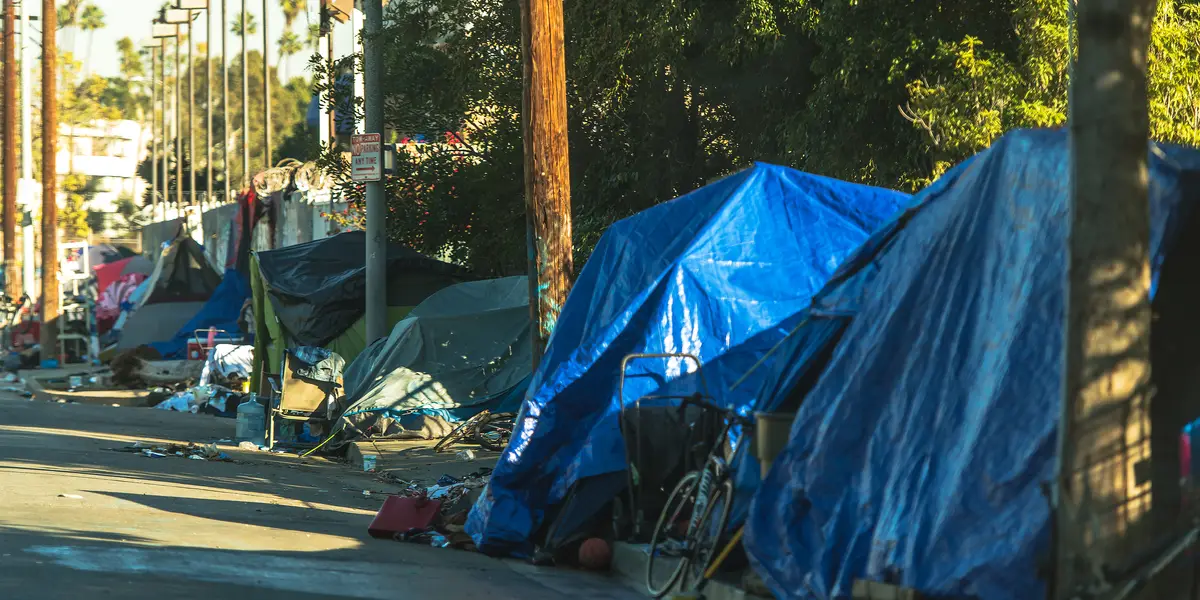This article was originally posted on www.timesunion.com
The long-anticipated climate bill passed by Congress and signed into law by President Joe Biden Tuesday is great news for the country, and particularly for low-income neighborhoods and communities of color that have suffered for decades from harmful public energy and transportation policies.
State, localities, and private business looking to take advantage of the clean energy dollars that will become available must begin thinking in new ways – ones that prioritize equity in a way that has never been done before.
It’s long been a problem that dense urban communities, particularly those comprising largely Black and Latinx populations, have suffered most from higher rates of asthma and other serious health issues. Studies have found a host of reasons, including the lack of access to adequate health care and the use of lead paint inside public housing. But make no mistake, discriminatory transportation policies that built pollution-spouting large highways, bus depots and other facilities close to and through low-income neighborhoods, as well as other energy policies, have had lasting significant and harmful impacts on underserved populations – policies that have resulted in serious health consequences for generations of Black and Latinx people that for too long have been ignored.
According to the American Academy of Family Physicians (AAFP): “Location matters, and there are often dramatic differences in health care delivery and health outcomes between communities that are only a few miles apart.”
The AAFP cites a study by the Robert Wood Johnson Foundation that found a 25-year difference in average life expectancy in New Orleans, La., between inner city and suburban neighborhoods. “Similarly, there is a 14-year difference in average life expectancy between two Kansas City, Mo., neighborhoods that are roughly three miles apart,” the AAFP said.
Washington, for now, finally seems to get it. To their credit, the Biden administration and Congress have made equity a key stated priority when passing major legislation.
The Inflation Reduction Act, as the climate, energy and tax bill is named, includes more than $60 billion to support traditionally underserved communities that have been impacted the hardest by climate change and a string of energy and transportation policies. The Senate, which passed the measure Aug. 7, had been seen as the biggest hurdle, having been unable for years to tackle a meaningful climate change initiative.
It's not a perfect bill but it moves the needle significantly.
The bill includes needed money to start addressing the disproportional impacts of climate change as well as transportation policies that have long led to higher amounts of pollution within communities of color and low-income neighborhoods.
In addition, the $1.2 trillion infrastructure package enacted last year seeks to improve equity moving forward while also addressing past projects that divided communities along socioeconomic and racial lines. On its website, the Federal Transit Administration promises that “all of FTA’s discretionary grant programs will focus on promoting equity throughout our transportation systems and supporting the transit industry’s important role in combating climate change.”
There is finally a recognition from top political leaders and federal agencies that the problems facing high-density urban communities have resulted in a long-standing public health crisis that has hit Black and Latinx adults and children the hardest.
The feds, states and localities looking to maximize these dollars will have to do so in a way that will do the most good. That means using in-depth data to identify areas that have been severely impacted by pollution, climate change, long-standing discriminatory policies and negative health outcomes.
It also means building trust by engaging the communities in meaningful ways. It will take not just legally required public hearings, but actual conversations to hear the ongoing concerns and work together to help devise the most impactful ways to address them.
The new climate bill is seen as the biggest action the U.S. has taken to date to address climate change. It moves the country closer to the goals of the Paris Agreement with significant investments in clean energy, including renewables that should dramatically reduce greenhouse gas emissions.
Nowhere will that be felt more than the communities that have been most harmed. It will be important moving forward that the commitment remains – no matter who is in the White House or which party controls Congress – lest it just be another case of Lucy pulling the football away from Charlie Brown. Doubtful communities that have heard big promises before only to be let down have reason for some optimism. It’s important that Washington follow through. The health of generations of Black and Latinx children, many of whom already have lost faith, depends on it.




